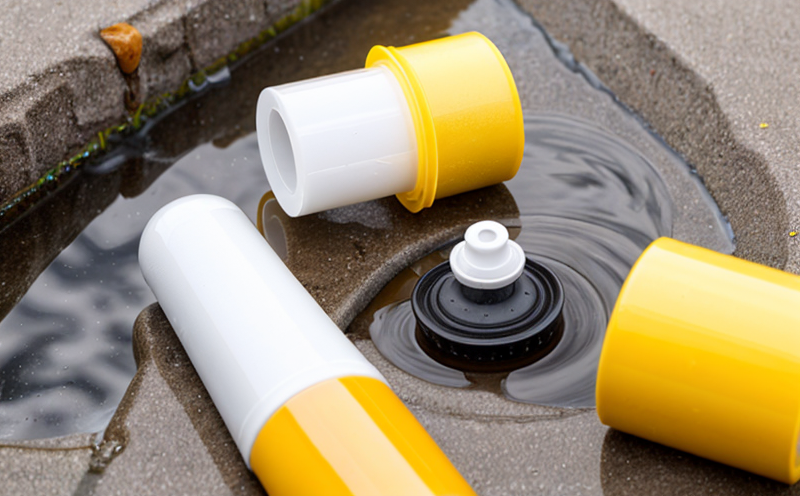Absorbency testing of recycled fibre textile products
The absorbency of textile materials is a critical property in determining their suitability for specific applications. This service focuses on the absorbency testing of recycled fibre textiles, ensuring that these materials meet rigorous performance standards.
Recycled fibres are increasingly being used in the production of clothing and other textile products due to environmental considerations. However, the quality and performance characteristics must be maintained or even improved over their virgin counterparts. Absorbency is one such key property where accurate testing can ensure that recycled textiles perform as expected.
The process involves subjecting samples to controlled conditions designed to simulate real-world use scenarios. This allows for a comprehensive evaluation of the material's ability to absorb liquids, which is essential for products like towels, diapers, and filtration materials. The test helps in identifying any potential issues with the recycled fibres that could affect performance.
Our testing follows international standards such as ISO 16029-3:2017, which provides guidelines for determining the liquid absorption capacity of textiles. This ensures consistency and reliability across all tests conducted at our laboratory.
In addition to standard testing protocols, we also offer customized solutions tailored to meet specific client requirements. Our team of experts can advise on optimal specimen preparation techniques based on the end-use application of the recycled fibres being tested.
Understanding the impact of processing methods such as spinning, weaving, or knitting on absorbency is crucial for predicting how well a particular type of recycled fibre will perform in various environments. By considering these factors during testing, we can provide more accurate predictions about the performance characteristics of your recycled textile products.
| Aspect | Description |
|---|---|
| Test Specimens | Standardized samples cut from the recycled fibre textile product. |
| Liquid Used for Testing | Pure water, unless specified otherwise by client. |
| Testing Environment | Controlled temperature and humidity conditions similar to expected end-use environment. |
| Measurement Technique | Solid-state nuclear magnetic resonance (SS-NMR) or gravimetric methods as per ISO 16029-3:2017. |
The results from these tests are invaluable for quality control purposes, helping manufacturers ensure that their recycled fibre textiles meet the necessary standards before they reach consumers. This not only enhances product reliability but also contributes positively towards sustainability goals by encouraging responsible use of resources.
Scope and Methodology
| Step | Description |
|---|---|
| Sample Selection | Select representative samples from the batch of recycled fibre textiles. |
| Cutting | Cut each sample into uniform pieces measuring 150 mm x 150 mm. |
| Conditioning | Condition samples under controlled temperature and humidity for at least 24 hours before testing. |
The absorbency test itself involves placing the prepared specimens into a container containing distilled water. The container is then sealed and allowed to stand undisturbed for a predetermined period, typically ranging from several minutes up to one hour depending on the material type.
After this time has elapsed, excess liquid is removed from the samples using blotting paper or similar means. Weighings are taken immediately after removal of the excess water and again after allowing the sample to fully absorb back into equilibrium with the surrounding environment.
| Aspect | Criteria |
|---|---|
| Absorption Rate | Sample must absorb at least 20% of its weight in water within the specified time frame. |
| Reproducibility | Results should vary by no more than ±5% between repeated tests on identical specimens. |
Eurolab Advantages
At Eurolab, we pride ourselves on delivering high-quality testing services that are both accurate and reliable. With our state-of-the-art facilities and experienced team of professionals, you can rest assured that your recycled fibre textiles will receive the best possible evaluation.
- ISO 17025 accreditation ensures compliance with international standards.
- Use of advanced analytical techniques like SS-NMR for precise measurements.
- Comprehensive quality assurance processes to maintain consistency in results.
- Experienced staff capable of interpreting complex data and providing actionable insights.
Why Choose This Test
- Ensures compliance with international standards like ISO 16029-3:2017.
- Predicts performance in real-world applications through controlled testing conditions.
- Aids in quality control by identifying any deficiencies early on during production processes.
- Helps manufacturers make informed decisions regarding the use of recycled fibres in their products.





